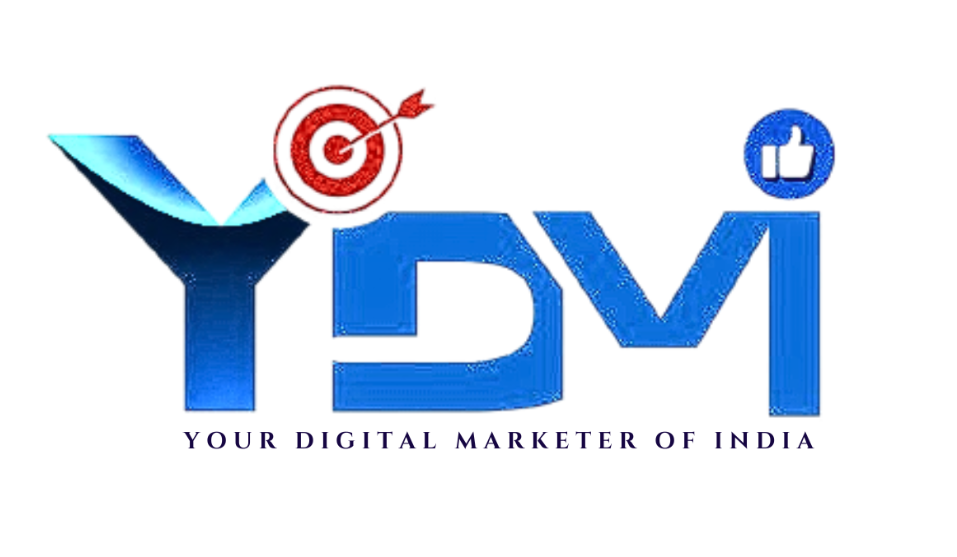Introduction: Digital Marketing in Today’s Life
In 2025, digital marketing has become the vital engine driving modern business. It shapes everything from how consumers discover brands to how companies build trust and drive sales. Today’s digital marketing landscape is marked by AI personalization, conversational experiences, immersive content, social commerce, data ethics, and omnichannel integration—all working together to influence daily life.
1. AI-Powered Personalization & Predictive Analytics:
Revolutionizing the Customer Journey
Today’s consumers expect personalized experiences at every touchpoint. Thanks to AI-powered marketing and personalization engines, brands can dynamically tailor content, emails, and product recommendations based on real-time behaviors. This hyper-personalization not only enhances engagement—it drives conversions and loyalty.
Predictive Intelligence
Using predictive analytics, marketers anticipate what customers will do next—whether it’s what they’ll buy, when they’ll engage, or which campaign will convince them. These insights help optimize content strategy, reduce acquisition costs, and maximize ROI.
2. Conversational & Voice-Activated Marketing Chatbots & Conversational Interfaces:
The rise of conversational marketing means chatbots are now front-and-center—handling customer queries, nurturing leads, and enabling transactions, all in real time. This results in higher efficiency and 24/7 customer satisfaction.
Voice Search Optimization
With voice searches on the rise, voice search optimization isn’t optional. Brands are crafting conversational keyword phrases, publishing Q&A–style content, and implementing structured data to remain visible on voice-assisted platforms.
3. Video, Visual Search & Immersive Experiences Video Content Dominance:
Short-form video—such as Instagram Reels, TikTok clips, and YouTube Shorts—has completely changed content consumption habits. Short-form video marketing delivers rapid engagement through storytelling, tutorials, and even shoppable video ads.
Visual Search & AR/VR
Users can now search with images—visual search optimization is boosting conversions dramatically. Meanwhile, AR marketing tools let consumers virtually try on products, while VR experiences deepen brand engagement through immersive storytelling and interactive demos.
4. Social Commerce & Influencer Partnerships Seamless In-Feed Shopping:
Social commerce has evolved—today’s platforms (like Instagram and TikTok) support full checkout experiences within their apps. Brands are leveraging live shopping, shoppable posts, and influencer partnerships to convert those browsing moments into purchases.
Authentic Influencer Outreach
Influencer marketing is now about authenticity and niche credibility. Brands focus on micro‑ and nano‑influencers whose smaller, more relatable followings can generate higher engagement and deliver better ROI.
5. Data Privacy & Ethical Marketing Earning Consumer Trust:
With increasing privacy regulations and the end of third-party cookies, ethical data use is non-negotiable. Leading marketers are pivoting to first-party and zero-party data collection—through quizzes, surveys, and loyalty programs—to respect privacy while retaining insight.
Transparent Brand Values
Consumers today look for ethical marketing—brands that are transparent, inclusive, and eco-conscious. Highlighting these values in digital campaigns helps build trust and long-term loyalty.
6. Omnichannel Strategy & Real-Time Analytics Unified Customer Experience:
Successful brands today deliver seamless experiences across web, mobile, email, social, and even physical environments. Omnichannel marketing ensures consistent messaging and intuitive journeys backed by Customer Data Platforms (CDPs).
Agile Performance Monitoring
Real-time analytics empower marketers to respond instantly—shifting budgets, refreshing creatives, and optimizing targeting based on live performance metrics.
7. Strategic AI Investment & ROI Focus Embracing AI Across the Funnel:
Many companies are now embedding AI tools in marketing across creative, automation, personalization, and media buying. While investment is growing, success depends on aligning AI with strategy—blending quantitative performance with human-led creativity.
Measuring Marketing ROI
To prove value, marketers track metrics like conversion rates, ad spend efficiency, content velocity, and brand engagement. Technology plays a pivotal role—but so do experimentation and thoughtful iteration.
Conclusion: Why Digital Marketing Matters in Today’s Life Digital marketing in 2025 is defined by:
AI-powered personalization that anticipates customer needs
Conversational and voice-enabled experiences that feel human
Video and immersive content that captures attention
Social commerce turning feeds into storefronts
Ethical data practices that earn trust in a regulated world
Omnichannel integration powered by real-time insight
Strategic AI investment focused on creativity and measurable impact
To thrive in today’s environment, brands must blend technological innovation with empathetic storytelling, foster transparency, and stay agile. When done right, digital marketing elevates everyday life—making it more seamless, relevant, and meaningful



